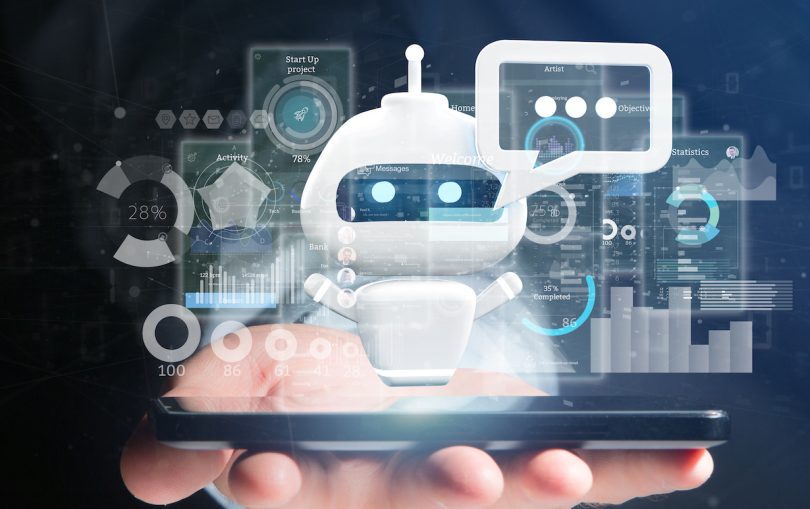A new artificial intelligence chatbot that can write seemingly authoritative answers to people’s questions — and even compose essays and poems — is causing excitement and raising alarms.
As CNET reports, the bot called ChatGPT lets you type questions, which it then answers in conversational, if somewhat stilted language, derived from information on the internet.
Within a few days of its launch in late November, more than a million people had tried ChatGPT, which for now is free to use. But its creator, the for-profit research lab OpenAI, warns that while ChatGPT’s answers might sound plausible, the chatbot “may occasionally generate incorrect or misleading information.”
According to Axios, by blurring distinctions between human and machine authorship, the technology could further erode trust in disciplines or businesses that rely on the written word, such as law, media, entertainment, science and history.
The chatbot and similar tools might be used in ways that undermine trust in information and discourage public discourse, NiemanLab predicts. “We know from years of research that people will always use technologies in ways that their creators did not intend,” the journalism institute at Harvard University said.
At a time when trust in the news has fallen, and mis- and disinformation run rampant, “ChatGPT’s parlor trick of human mimicry pours [gasoline] on an already flaming Dumpster fire,” NiemanLab wrote.
In sectors outside of technology, governments and governance bodies create laws and regulations to limit malicious uses of potentially harmful products. But advances in artificial intelligence and algorithmic, data-centric technologies operate primarily outside of those controls, NiemanLab said.
The ChatGPT technology also gives students new ways to cheat on term papers. Daniel Herman, a high school English teacher in Berkeley, Calif., wrote in The Atlantic that the robot writes better than most students today. Artificial intelligence could cause new human creations to dwindle. Herman wonders whether the technology will rob us “of what can be communicated only through human emotion?”
As Axios noted, “The more writing AI does for us, the fewer of us will practice the skill.”
[Illustration credit: Production Perig]







